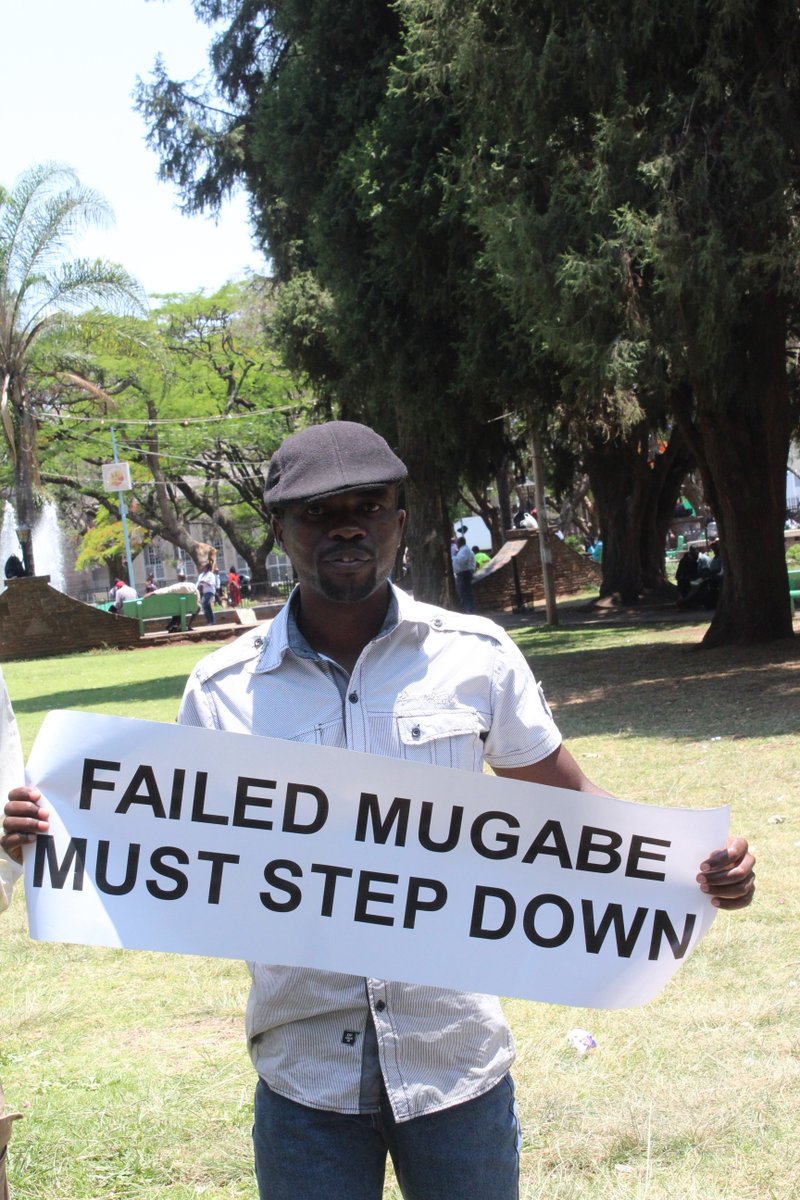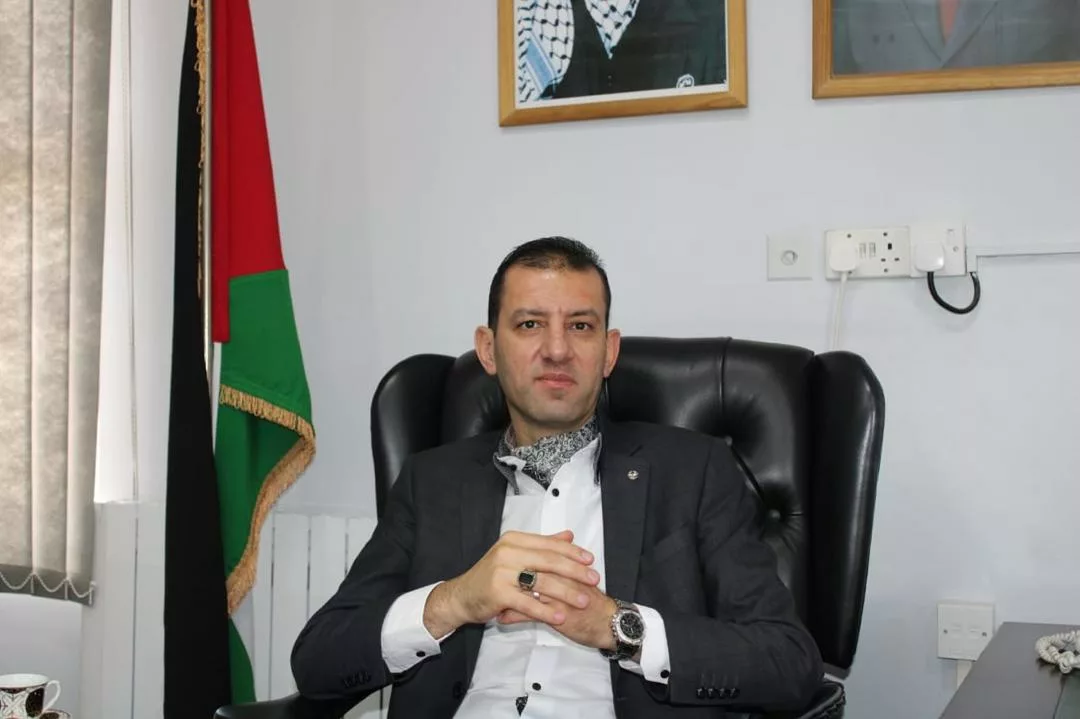Local human rights organisations have joined the people of Zimbabwe and the global community in the 2018 commemorations of the International Human Rights Day on 10 December.
This year, the International Human Rights Day under theme “#StandUp4HumanRights” marks the 70thAnniversary of the adoption of the Universal Declaration of Human Rights (UDHR) in 1948.
The Zimbabwe Human Rights Association (ZimRights) said while the Day gives time for peoples across the world to reflect on the progress made since the adoption of the UDHR by the United Nations (UN), it also affords civil society groups time to take stock of their communities and individual countries an opportunity to reflect on their human rights record.
Over the past decades, Zimbabwe has been on the spotlight because its human rights record failed to meet international standards and expectations.
“While the adoption of the new Constitution with a modern Declaration of Rights (Chapter 4) in 2013 has been an important milestone, a lot needs to be done to align laws, respect its provisions and establish a culture of constitutionalism.
“The aftermath of the 2018 harmonised elections where six people were shot and killed during civil protests in Harare on August 1, 2018, reflect the remaining deficits in the country’s human rights culture after the ouster of former President Robert Mugabe.
Due to the economic collapse, the progressive realisation of socio-economic rights such as the right to health and the right to education have been under threat because of the outbreaks of cholera and rise in school fees respectively,” ZimRights said in a statement.
It noted that the right to health has been further dented by the recent strike by medical doctors and radiographers, which has affected the health services delivery sector.
The country’s human rights infrastructure remains weak due to the underfunding and half-way operationalisation of independent commissions such as the Zimbabwe Human Rights Commission (ZHRC), the National Peace and Reconciliation Commission (NPRC) and the Gender Commission.
State institutions’ limited appreciation of human rights, especially security institutions, as witnessed during the Commission of Inquiry into the August 1 disturbances and shootings, calls for implementation of reforms in the sector.
“ZimRights believes that human rights will never be safe in the country until there is establishment of a genuine and robust democratic culture anchored on free, fair and credible elections.
“While some space for free expression had been opened in the run-up to the 2018 elections, discrimination in food aid, partisan conduct by traditional leaders, and statements on intimidation by some government officials and some physical violence still dented the poll.”
It bemoaned the fact that mystery still remains on the whereabouts of pro-democracy activist, Itai Dzamara, who was abducted by suspected state security agents in March 2015.
It called upon the government to establish what happened to Dzamara and bring his abductors to book.
“Zimbabwe must also implemented all the recommendations from the Universal Periodic Review (UPR) process of the Human Rights Council in 2016, which emphasised need to align laws and implement the 2013 Constitution, strengthen human rights promoting institutions, protect rights of children and women, and promote right to demonstrate and petition, among others.
The government also needs to ratify and support UPR recommendations on important international human rights instruments such as the International Convention against Torture (CAT) and the International Convention for the Protection of All Persons from Enforced Disappearance (CPPED) as well as enact laws that criminalise torture and abductions.”






